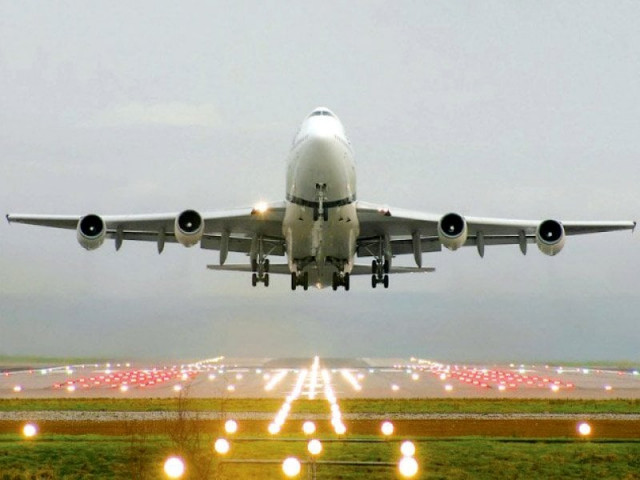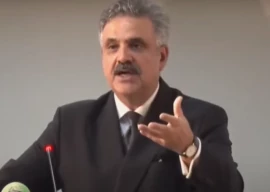
More than 14 years since the announcement of the current aviation policy, Pakistan is set to open its skies and ground operations at airports for national and international investors in the new policy with no taxes on investments.
“The draft of the new national aviation policy has been approved by the prime minister and now it will be placed before the ECC (Economic Coordination Committee) in its next meeting before implementation by the end of March,” Shujaat Azeem, Adviser to the Prime Minister on Aviation, told reporters recently.
Sharing salient features of the new aviation regime, Azeem said there will be no taxes on investments in the sector including aviation maintenance, repair and overhaul (MRO) services for which the Civil Aviation Authority (CAA) would provide land to both national and international companies.
In an effort to attract investors to provide MRO services, the government will offer a 10-year tax holiday.

“There will be no taxes on investments; only revenues will be taxed,” Azeem said, adding the Ministry of Finance had given its consent to the proposal.
At present, more than 28% in taxes is collected under various heads which drives away investors. With high taxes, the aviation sector’s contribution to the national exchequer is dwindling because of a negligible growth of 0.01%.
The industry’s growth remains insignificant despite a huge population base as only 8% of Pakistanis are estimated to travel by air.
In comparison, average global growth in aviation is around 8%. Separately, the aviation sector grows 9% in Thailand, 3.6% in Malaysia and 1.5% in India.
Mismanagement, pathetic conditions at airports, safety and security issues and high fares due to lack of competition are among the reasons for the negligible growth in Pakistan’s aviation sector.
Under the proposed policy, all services at the airports, which are now being managed by the CAA, including terminals, parking lots and other facilitates, will be outsourced to private investors.
For this purpose, services of the International Finance Corporation (IFC) would be utilised to ensure transparency, the prime minister’s adviser said. However, navigation and other sensitive areas will still remain under the control of CAA.
The CAA will have a regulatory role instead of executing all operations in the public sector.
Safety Investigation Board
Another important feature of the proposed policy is turning the Safety Investigation Board into an independent body. At present, it works under the CAA which raises questions whenever it conducts an investigation into a mishap.
The government would also allow tax-free import of all equipment for the airports that will be declared green-fields.
The paid-up capital for a regular transport licence has been proposed at Rs500 million, which will be reviewed periodically by the CAA board.
Fleet registration would be mandatory for all Pakistani aircraft. The policy has also proposed an increase in the minimum fleet for a regular public transport licence for both national and international services.
Under the existing policy, the minimum fleet requirement is three aircraft for an airline to operate in the country. Similarly, the maximum age of aircraft at the time of induction will be brought down from 15 years to 12 years.
The CAA will act as a regulator to monitor and discourage predatory pricing, but fares will continue to remain deregulated.
Cargo villages
In the new policy, the government plans to set up two cargo villages, one in the south and another in the north of the country to help increase cargo traffic.
Published in The Express Tribune, March 1st, 2015.
Like Business on Facebook, follow @TribuneBiz on Twitter to stay informed and join in the conversation.



















COMMENTS
Comments are moderated and generally will be posted if they are on-topic and not abusive.
For more information, please see our Comments FAQ